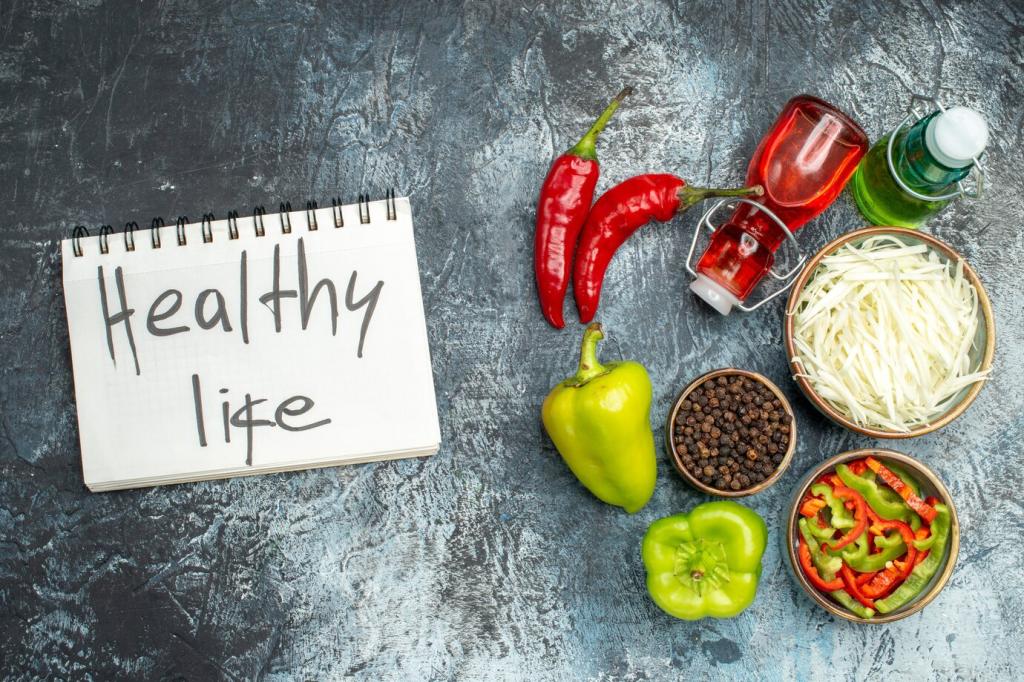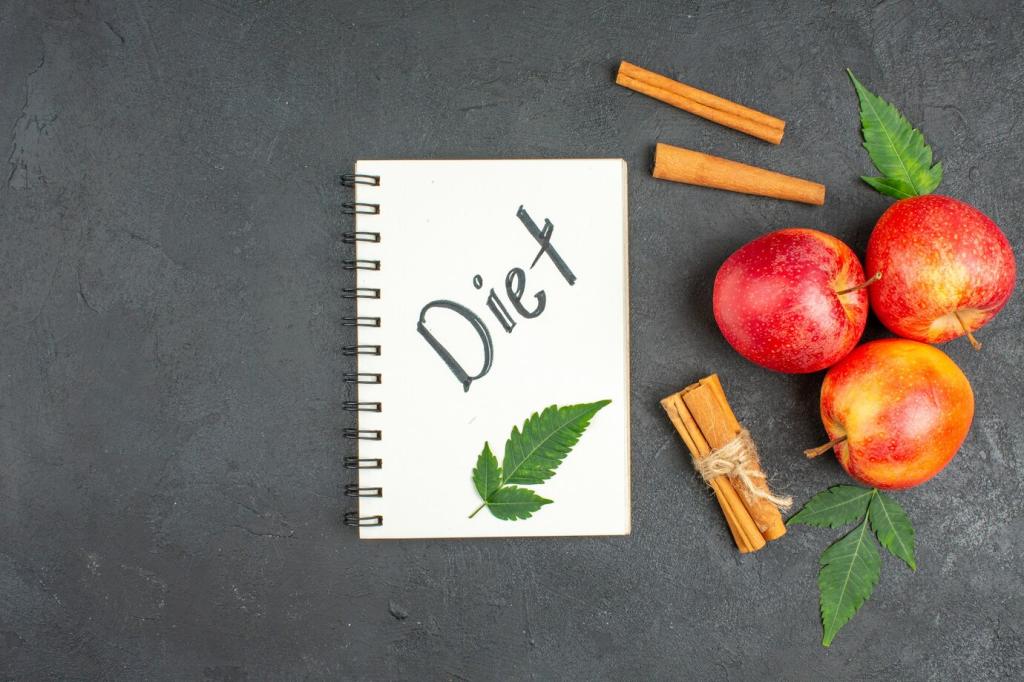Supplements: Evidence Over Hype
Creatine monohydrate supports strength and power across sports. Beta-alanine can aid high-intensity intervals. Caffeine improves alertness and perceived effort. Dose appropriately and track responses. Have you tested any of these, and what training metrics changed—reps, pace, or time-to-fatigue under pressure?
Supplements: Evidence Over Hype
Collagen or gelatin, paired with vitamin C, may support tendons when timed before loading. Omega-3s can reduce soreness. Always consider total diet and training load first. Share your before-and-after experience when adding a targeted supplement to an already consistent nutrition routine.






